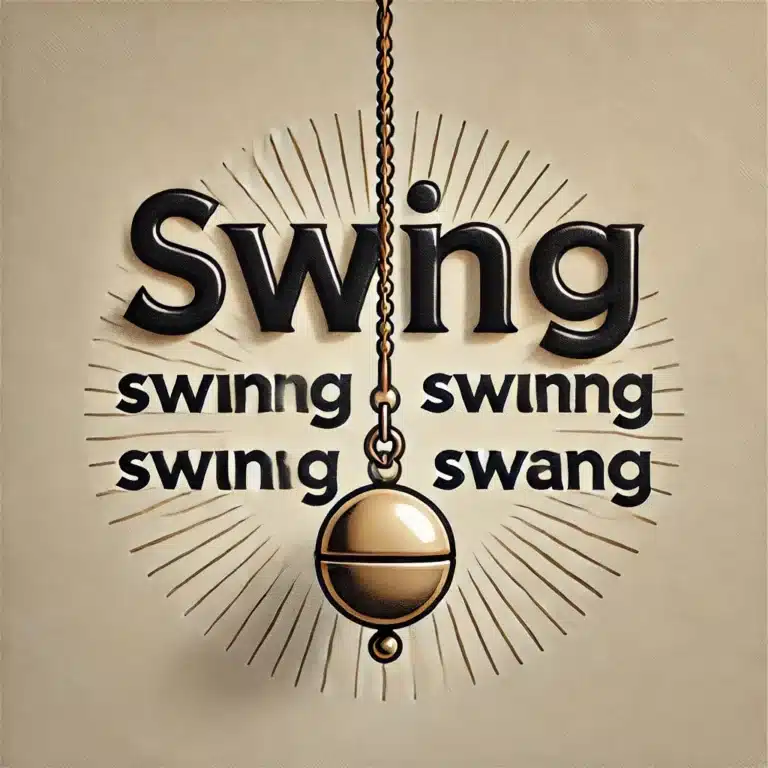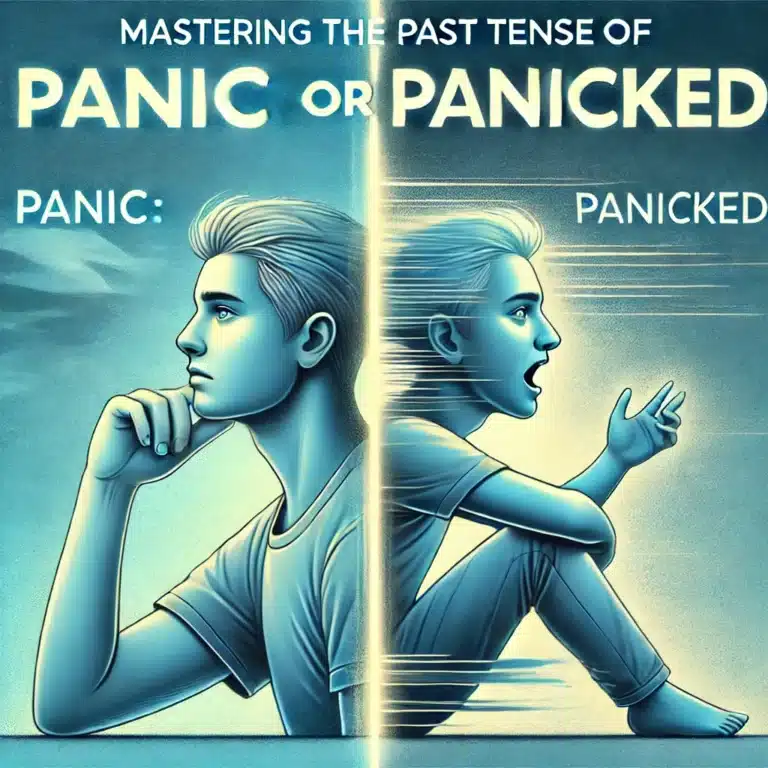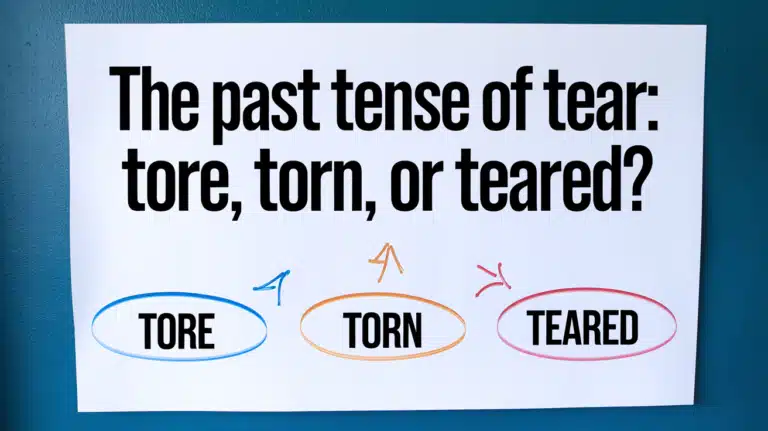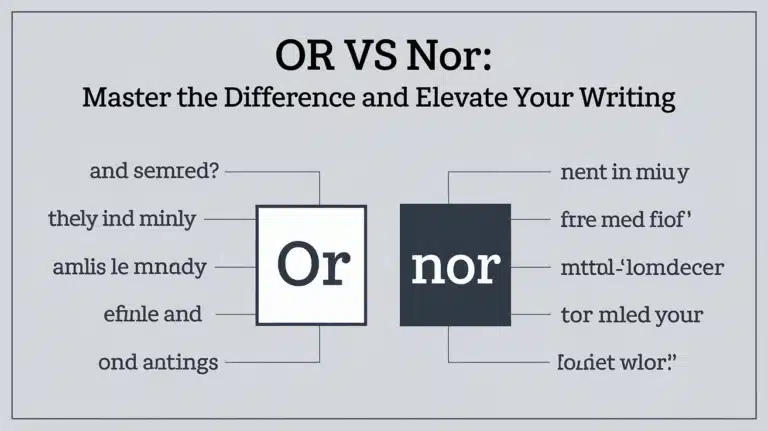Compare vs Contrast: Unlocking the Power of Analytical Thinking
Ever found yourself scratching your head, wondering whether to compare or contrast two ideas? You’re not alone. This age-old dilemma has puzzled writers, students, and thinkers for centuries. But fear not! We’re about to embark on a journey that’ll clear the fog and sharpen your analytical skills. The Art of Comparison and Contrast: An Introduction…










